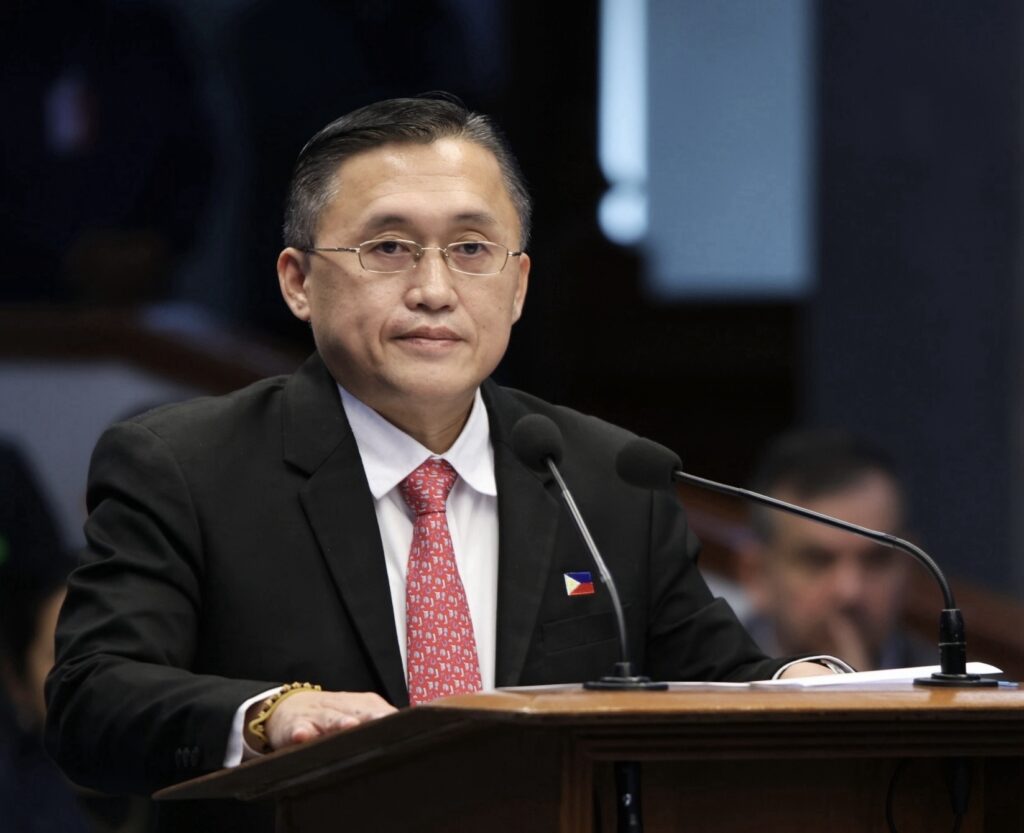
Seeking to transform housing policy into a sustained national commitment rather than a patchwork of temporary programs, Senator Christopher “Bong” Go filed Senate Bill No. 685 at the start of the 20th Congress to create a National Housing Development, Production and Financing Program that will systematize funding, strengthen key shelter agencies, and prioritize the needs of the country’s underprivileged and homeless families.
The proposed law underscores that housing should not be seen as an isolated social service but as a driver of economic growth. Go stressed in his explanatory note that “a specific housing and financing program is pertinent to meet the country’s growing social housing demands and meet the needs of numerous underprivileged and homeless citizens.”
Through Senate Bill No. 685, Go aims to provide a comprehensive framework that secures continuous funding, mobilizes both public and private resources, and ensures that housing programs respond to the country’s longstanding problem of inadequate and precarious shelter.
In filing the measure, Go emphasized that the Constitution clearly mandates the State to pursue land reform and socialized housing in cooperation with the private sector.
He also noted that “for the past years, many Informal Settler Families (ISFs) across the country continue to live in substandard and precarious housing conditions. The issue of social housing remains a pressing concern, not only in the Philippines but globally.”
He cited United Nations data showing that “an estimated 25% of the world’s urban population live in informal settlements, with 213 million informal settlement residents added to the global population since 1990.”
At the core of the proposed law is the creation of a national housing program that if enacted, guarantees sustained funding, strengthens housing production, and builds a financing system accessible to poor families. It envisions forging partnerships with housing stakeholders to address the country’s housing backlog by 2040, mobilizing funds that prioritize the homeless and underprivileged, and providing subsidy schemes to improve access to different housing options.
The Department of Human Settlements and Urban Development (DHSUD) will lead the implementation of the program, supported by its key shelter agencies. The National Housing Authority will be tasked with resettlement, government employees’ housing, settlements upgrading, housing for calamity victims, and land banking.
The Social Housing Finance Corporation will handle various Community Mortgage Program modalities, from post-disaster rehabilitation projects to housing for workers, former rebels, and Indigenous communities. The National Home Mortgage Finance Corporation, meanwhile, will strengthen the secondary mortgage market to make housing loans more accessible and affordable.
DHSUD itself will implement socialized housing programs, subsidies, rental housing projects, and the survey and inventory of proclaimed or idle government lands that may be used for housing.
To fund these initiatives, the bill proposes appropriations from the national budget and allows local governments to levy a half-percent socialized housing tax on urban land values, with proceeds dedicated to socialized housing and public rental projects. The measure also proposes to expand the capital base of the NHMFC from PhP5.5 billion to PhP50 billion to enhance its lending and financing capacity.
In addition, the bill introduces securitization mechanisms to raise more housing funds through bonds and securities exempted from usual taxes and registration requirements. Private developers will also be incentivized to participate in socialized and low-cost housing projects, with such participation counted toward compliance with balanced housing laws.
